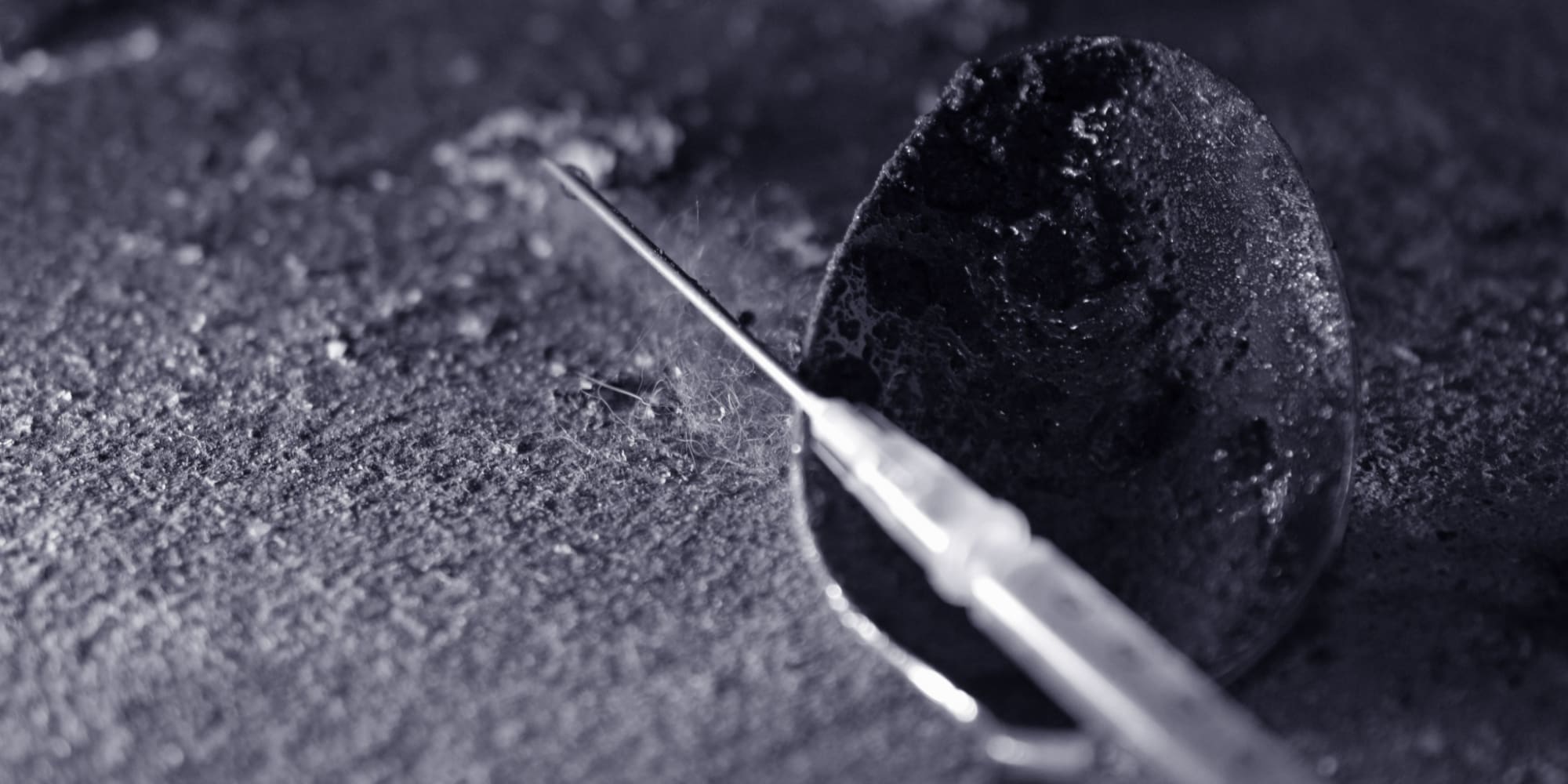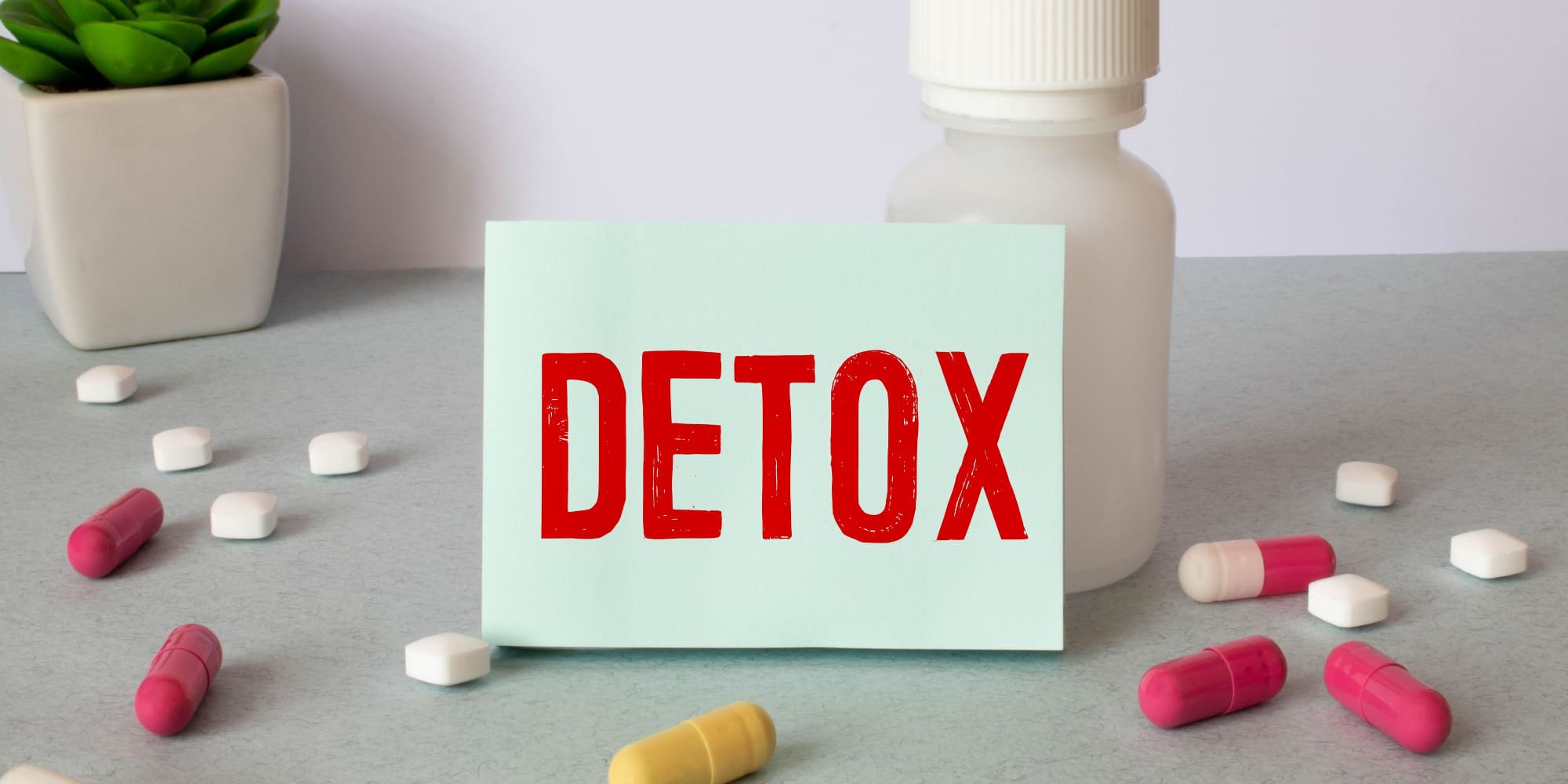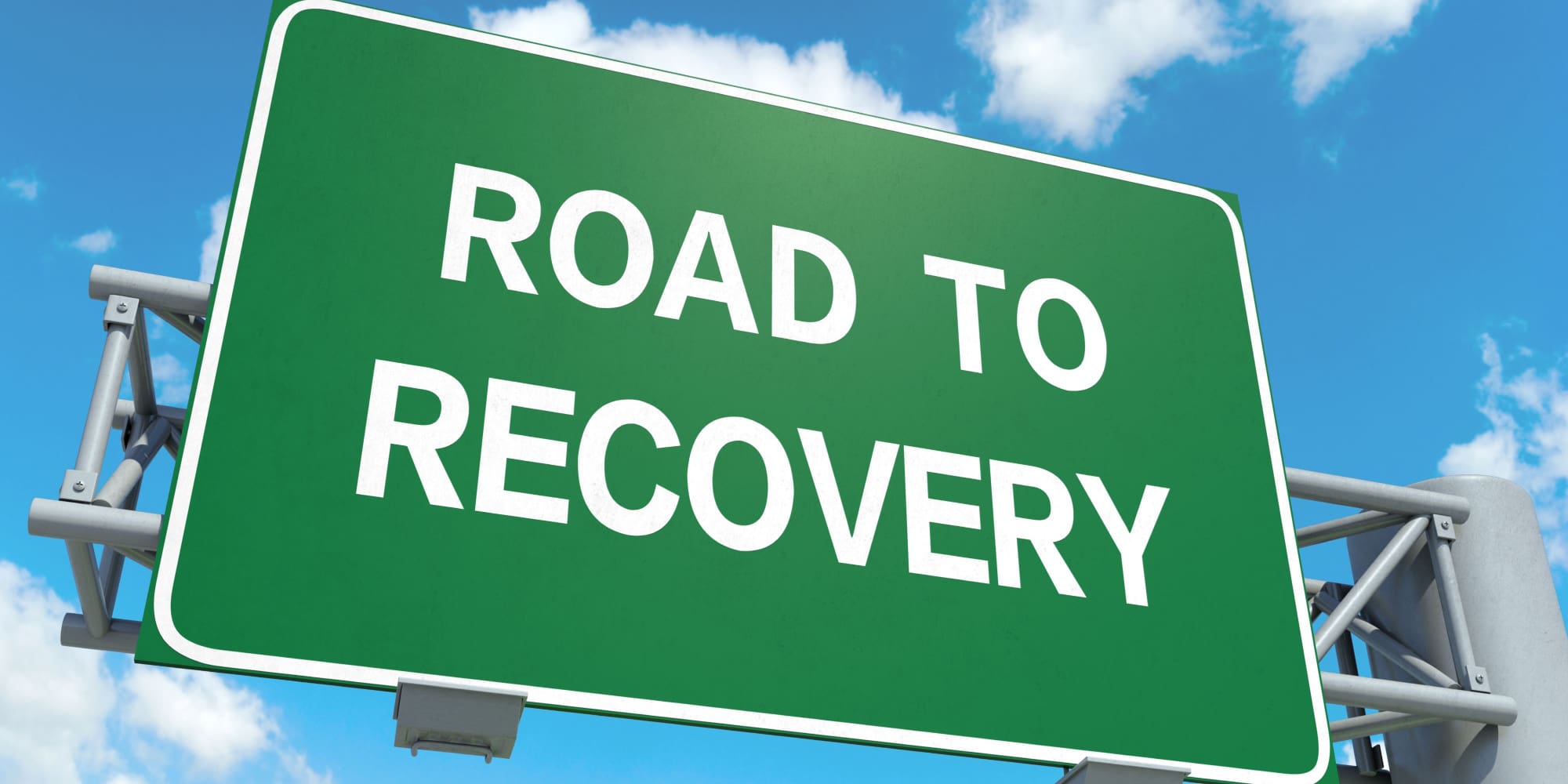When it comes to drug and alcohol addiction, many treatment centers base themselves in religion and spirituality. However, not everyone wants to attend a religious drug rehab. Individuals may opt for non-religious rehabs for a variety of reasons. They may not be religious themself, or they may simply want to try evidence-based treatments.
Most polls in recent years show a slow decline of faith in the United States. As the number of unaffiliated individuals grows, it is important for them to have access to comfortable, effective mental health care. Non-religious rehabs offer an alternative for them to get the help they need without feeling pressured to convert or practice something they don’t believe in.
Contents
What Are Non-Religious Rehabs?

As the name suggests, non-religious rehabs are just that: addiction treatment centers with recovery programs that aren’t centered around religion. It’s important to note, however, that this does not make them exclusive to atheist or agnostic individuals.
For example, some individuals wish to keep their faiths separate from their recoveries. Others may respond better to the treatments offered by non-religious rehabs. Instead of emphasizing spirituality and religion, the secular treatment approach typically focuses on evidence-based modalities and individual strength.
The different focus of the treatment programs is the main distinction between the two types of rehab centers. Otherwise, their goals and priorities often align. Regardless of someone’s background, they can attend and benefit from non-religious recovery programs.
Non-Religious Rehab Treatment Options
How do non-religious rehabs work? Ultimately, it depends on the specific rehab center, but Port St. Lucie Hospital utilizes an assortment of proven treatment methods. The therapies, medications, and assessments we use have all undergone extensive scientific study in the past. Specifically, they’ve shown to be effective at treating drug and alcohol addiction, thus earning them a place in evidence-based treatment plans.
Psychotherapy
Therapy serves as one of the core components of addiction treatment, especially in non-religious rehabs. There are many different types of therapy, and someone may invest time in several of them. Many of their teachings build on top of one another and work together for the benefit of the patient.
The therapies we provide at Port St. Lucie Hospital are no different, for they cover a wide range of needs. Sessions of individual therapy help our patients identify and change negative thought patterns. This boosts self-confidence and often acts as the starting point for meaningful recovery journeys.
Furthermore, we use numerous recreational therapies to provide healthy, educational outlets for our patients. Several skills play a part in recreational therapies depending on the exact activity. For example, sports can build teamwork skills and communication. Similarly, art therapy encourages people to express their emotions and gives them the means to do so.
Port St. Lucie Hospital also offers three-pronged group therapy. Two of our group therapy options are highly educational in nature, striving to inform patients of the impacts of addiction as well as how to manage medications. The third type of group therapy focuses more on developing bonds between patients. It takes the shape of “traditional” group sessions, giving everyone the chance to share personal stories and lessons.
Attending therapy helps people hone vital life skills and develop healthier coping methods. Any of them individually are beneficial, but blending them together forms the most comprehensive treatment plan.
Secular 12-Step Programs
Utilized by support groups like Alcoholics Anonymous, 12-step programs stand as one of the most popular approaches to addiction recovery. The 12 steps provide a long-term recovery plan for those struggling with addiction. They include admitting powerlessness, believing in a higher power, taking moral inventories of oneself, and making amends with others.
Traditional 12-step programs are rooted in religion. In the original documentation, the “higher power” referred to God. However, non-religious rehabs that implement 12-step programming often make key adjustments to shift the focus away from faith.
With those changes, the “higher power” cited in the 12 steps becomes any force other than oneself. Someone might choose to believe in their relationships and bonds with others. Someone else might turn to the universe at large or have faith that the research surrounding their treatment is true.
As a result, 12-step programming becomes more accessible to all. The “higher power” can still be God or another religious figure for those who wish to rely on spirituality, but it does not have to be. Broadening the text and allowing every individual to choose their own motivations makes addiction treatment much more approachable.
SMART Recovery


For some individuals, even if 12-step programs remove mentions of God and religion, they still carry undertones of faith. The idea of a “higher power” in any capacity may not work for everyone. In that case, someone may want to consider a complete alternative to 12-step programs.
One such option is Self-Management And Recovery Training. Also known as SMART Recovery, they provide educational resources and a scientific view on addiction recovery. Their goals resemble those of other support groups like Alcoholics Anonymous, but their tactics are more evidence-based and practical.
SMART Recovery employs a four-step strategy against addiction:
- Build and maintain motivation.
- Cope with urges.
- Manage thoughts, feelings, and behaviors.
- Live a balanced life.
Since these steps provide subtle guidance as opposed to a specific source of motivation, they’re very open to interpretation. For example, other tools, such as the therapies mentioned before, contribute to the management of thoughts, feelings, and behaviors.
Alternatively, someone could focus more on building a support system to help them. They could also use specific learned activities, like journaling. As long as they take action to try and fulfill the four steps, they are implementing SMART Recovery practices.
SMART Recovery strategies carry enough structure for someone to latch onto, but they also offer the flexibility to bend to specific needs. Used in tandem with the other treatment options at non-religious rehabs, they can help map out a path to long-term recovery.
Who Can Attend Non-Religious Rehabs?
As discussed previously, anyone can attend non-religious rehabs–atheist, agnostic, and religious people alike. One person might feel uncomfortable in religious settings and seek out a non-religious rehab for that reason. Someone else may have attended faith-based rehabs in the past and found that they weren’t as effective as they’d hoped.
In any case, the treatment programs offered by non-religious rehabs are not anti-religion in the slightest. They merely serve as an alternative for those who would like to explore secular options for their recovery from alcohol or drug addiction.
Drug and Alcohol Rehab at Port St. Lucie Hospital
The first step for individuals with substance use disorders may involve a medical detox to stop using alcohol or drugs. Detox is performed under 24/7 supervision by trained physicians who can provide medical advice and careful management. The process is safe, and patients are kept as comfortable and relaxed as possible.
Following detox, patients can enroll in one of several treatment programs depending on their exact needs. Port St. Lucie Hospital boasts an exceptional dual diagnosis program for individuals with co-occurring mental illness and substance abuse.
Recovery Programs For All
At Port St. Lucie Hospital, we prioritize the comfort and confidence of our patients. We understand how crucial the surrounding environment can be to someone’s recovery. As a result, great efforts go towards maintaining a calm, secure, and accepting atmosphere.
Our drug and alcohol rehab programs offer secular support and guidance for individuals fighting addiction. We tailor treatment plans to each individual to ensure they receive the best possible care. From the moment you call to long-term relapse prevention planning, our multidisciplinary team will be at your side to support you.
Whether you want more information about non-religious rehabs or you’re ready to get started on recovery, our admissions experts are ready to hear from you. Contact us by calling (772) 238-7734 or filling out a confidential contact form online. With the proper support and resources, you can overcome addiction.



























